
Pulm/Crit physician and PD • Podcast @curiousclinpod • Dad/husband • FORTHCOMING BOOK: WHY DOESN’T YOUR STOMACH DIGEST ITSELF? (W.W. Norton)
28 subscribers
How to get URL link on X (Twitter) App

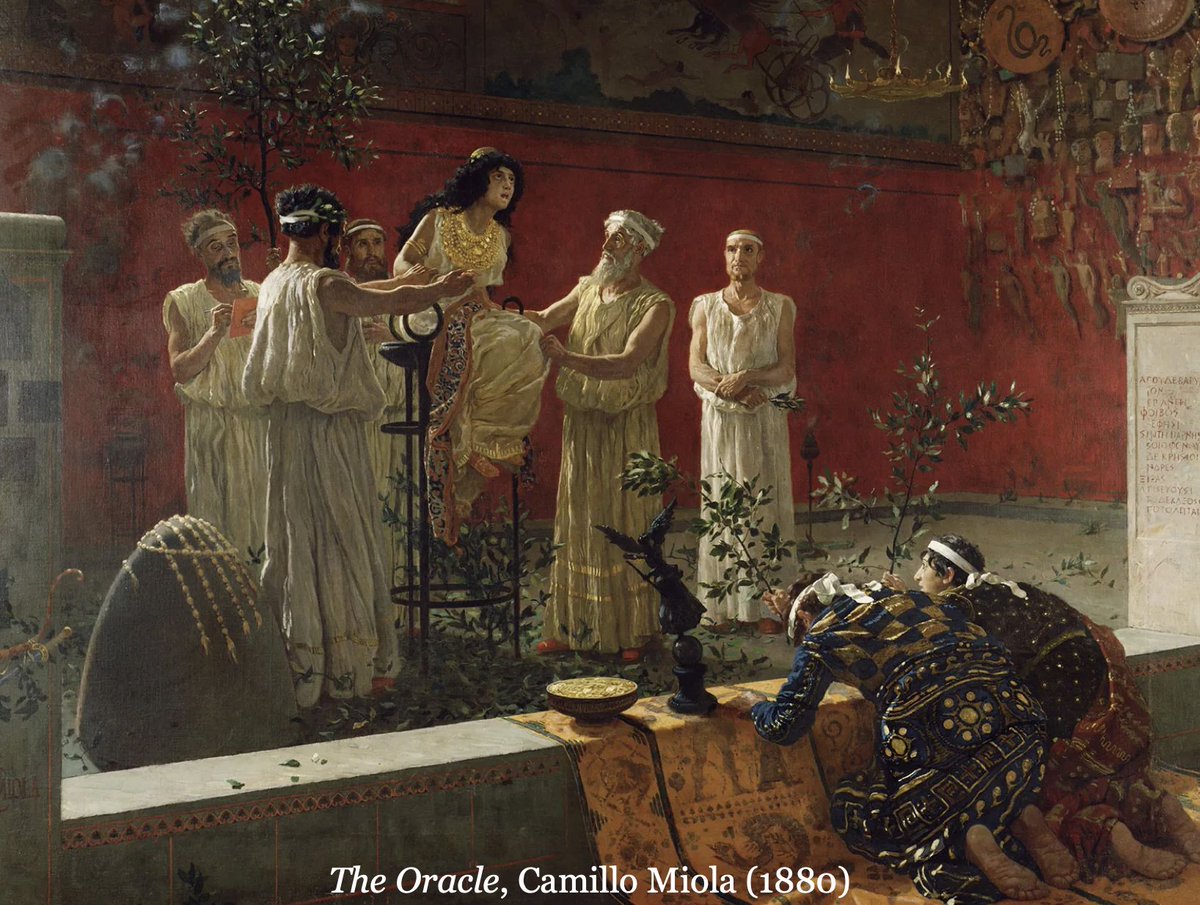
 2/
2/

 2/
2/
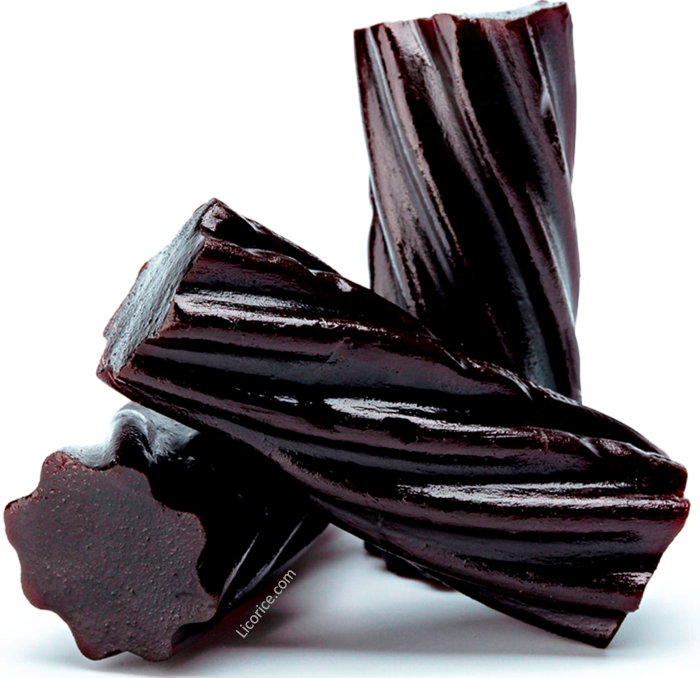
 2/
2/

 2/
2/


 2/
2/

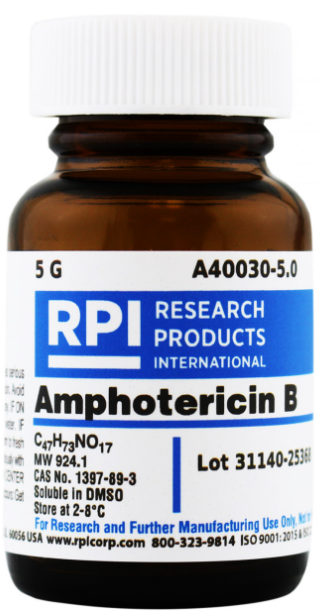
 2/
2/
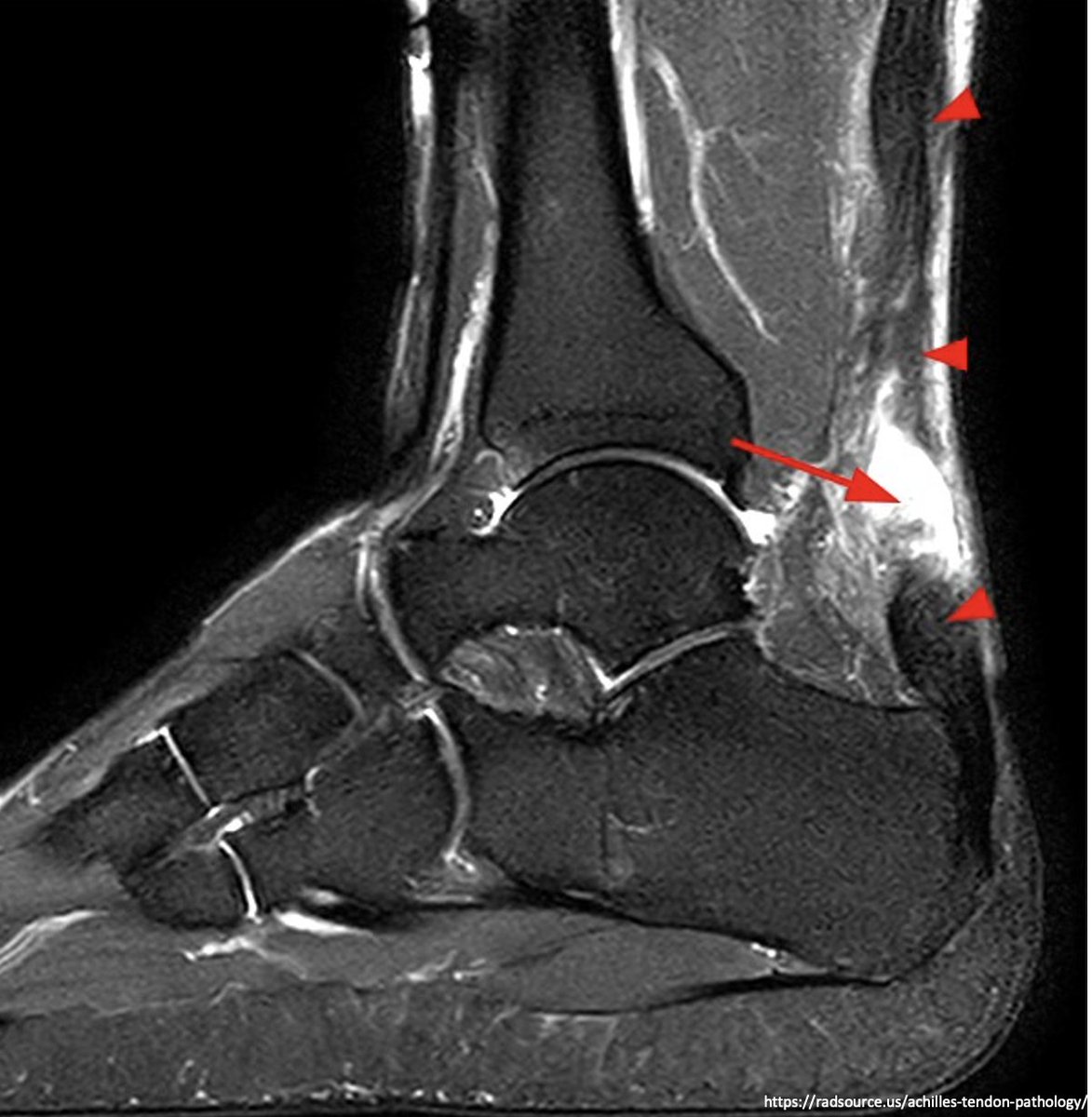
 2/
2/
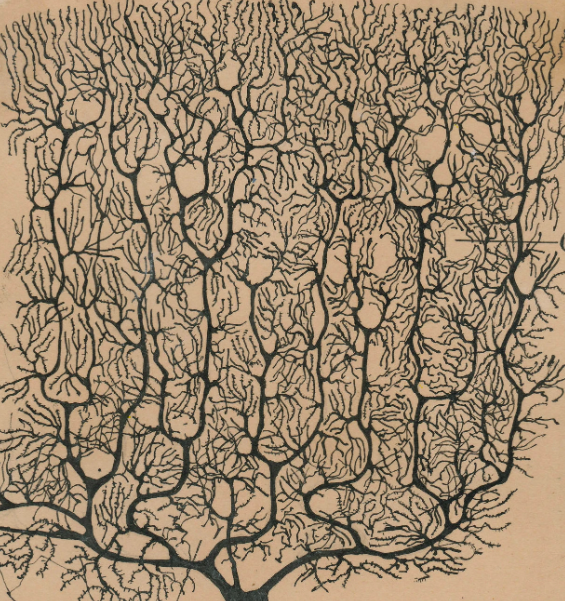

https://twitter.com/AvrahamCooperMD/status/1135370806798761987?s=20&t=JQN3cD53LMKOxjuQUsjpGQ

 2/
2/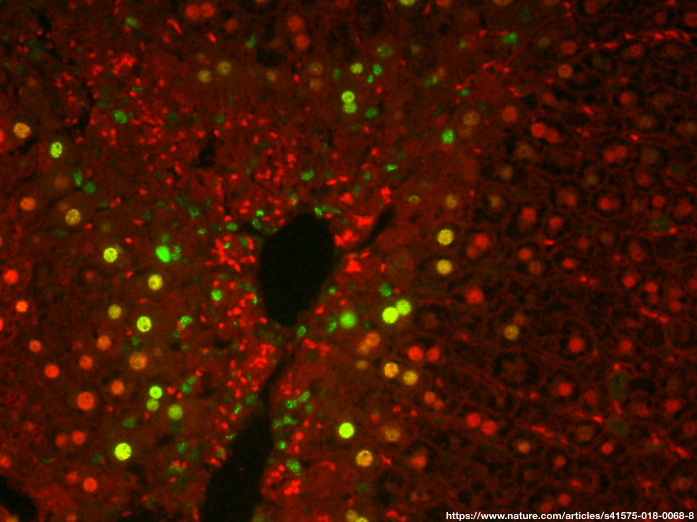
 2/
2/

 2/
2/
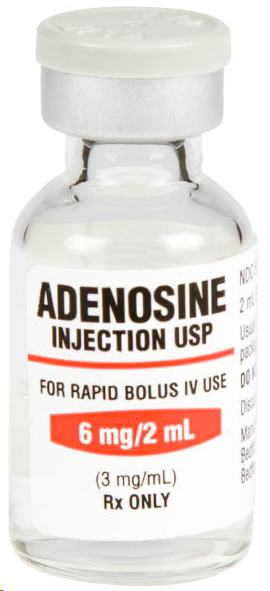
 2/
2/

 2/
2/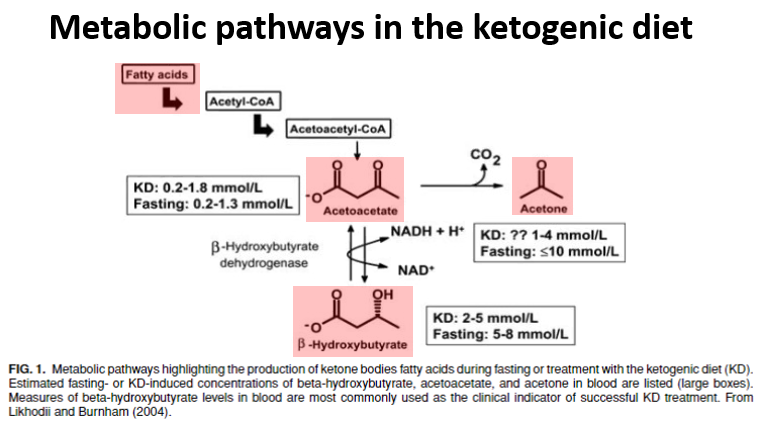

 2/
2/

 2/
2/

 2/
2/


 2/
2/

 2/
2/

 2/
2/